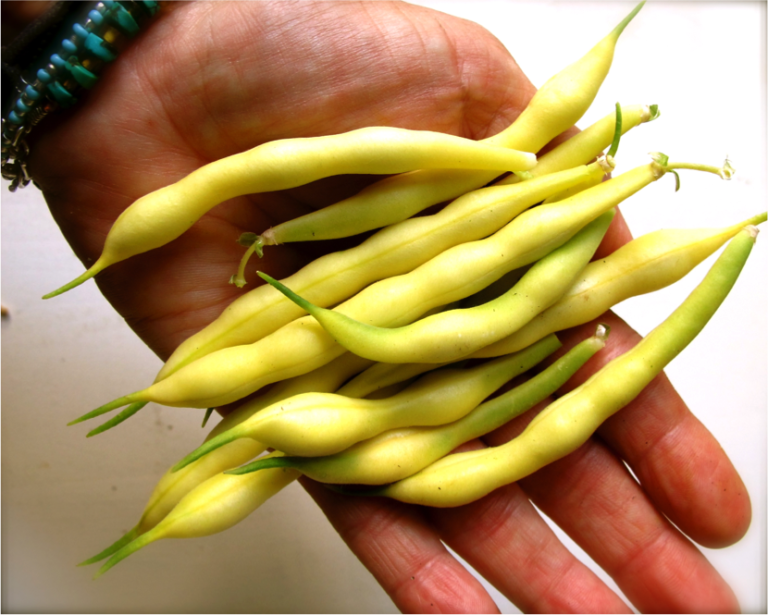Green beans and wax beans may look quite different, but their flavors are surprisingly similar. Though they come from the same plant species, their colors distinguish them. While green beans have a vibrant green hue from chlorophyll, wax beans lack this pigment, giving them a pale yellow or white color But when it comes to taste, the two beans are almost indistinguishable
A Close Botanical Relationship
Green beans and wax beans both come from the common bean plant Phaseolus vulgaris. This versatile plant produces all types of common beans including green, yellow, purple, speckled, and streaked varieties. The key difference lies in the genetics. Green beans contain the dominant gene for chlorophyll, making them green. Wax beans have a recessive gene that prevents chlorophyll from developing, creating their light color.
Subtle Flavor Differences
In blind taste tests, most people cannot tell the difference between green and wax beans. The dominant flavor notes in both beans are sweet and grassy. However, there are some subtle flavor differences between the two:
-
Wax beans tend to be slightly sweeter and more tender than green beans. The lack of chlorophyll allows their natural sugars to shine through more.
-
Green beans have a hint of bitterness underlying their sweetness. This comes from the chlorophyll pigment.
-
Experienced tasters may detect a subtle grassy flavor in green beans that is less pronounced in wax beans.
But for most people, green and wax beans are very difficult to distinguish by taste alone. Unless you are carefully comparing side-by-side samples, they taste remarkably alike.
Texture and Cooking Differences
While the taste is nearly identical, wax beans and green beans do differ in texture. Wax beans tend to be more tender, with thin, delicate skins. Many people find them easier to eat raw or lightly cooked than green beans. Green beans have slightly firmer, crunchier flesh that softens the longer they are cooked.
Wax beans also hold their color better with different cooking methods. Prolonged braising or stewing turns green beans olive drab, but wax beans retain their bright pale yellow color. For appearance’s sake, wax beans work better in slow-cooked dishes.
Using Them Interchangeably
The bottom line is that green beans and wax beans can be used interchangeably in most recipes without significantly altering the dish. Since they taste so similar, switching one for the other will give you very comparable results. The only exception would be in dishes where you specifically want to use their colors as a contrast. For example, a salad with yellow wax beans, purple beans, and green beans would look less appealing if you used just one type of bean.
Both beans work well raw in salads and slaws or quickly steamed, sautéed, or roasted as a side dish. They shine in classic green bean casserole and bean salad recipes. Wax beans lend themselves particularly well to slow braising and stewing since they hold their color better. But otherwise, you can safely swap wax beans for green beans or vice versa without worrying about drastically changing the flavor. Give them both a try for classic green bean flavor in two eye-catching colors.

Tip Of The Day: Yellow Waxed Beans
FAQ
Can you substitute wax beans for green beans?
Which is healthier, green beans or yellow wax beans?
What do golden wax beans taste like?
What are wax beans good for?
